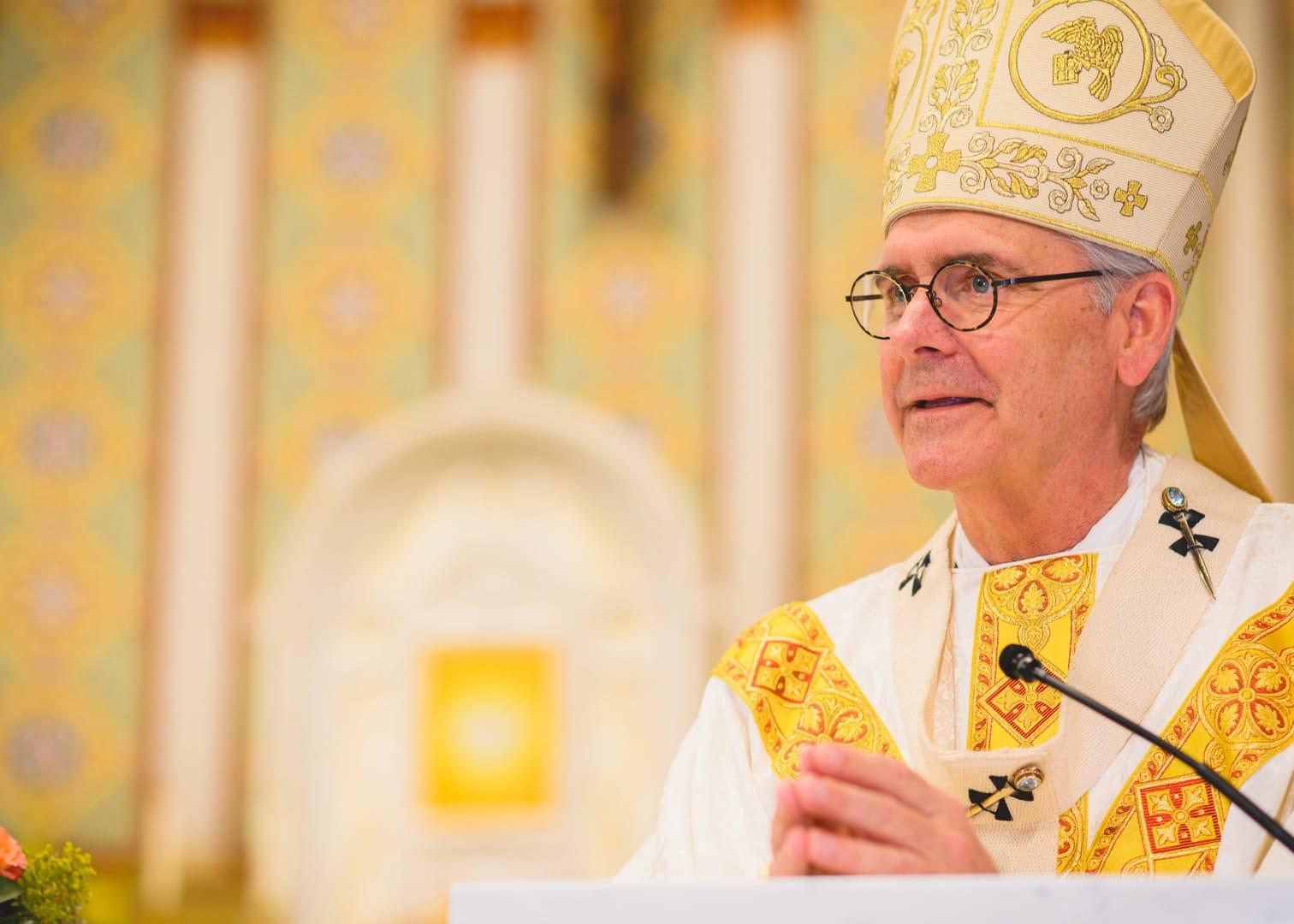NEW YORK – The U.S. Bishops Conference on Sept. 7 launched a new initiative that aims to address the political polarization and division across the nation.
The initiative, titled “Civilize It: A Better Kind of Politics” runs through the website CivilizeIt.org that provides Catholics with resources to be bridge builders in their communities for those with different political perspectives.
The initiative also asks Catholics to take a pledge of charity, clarity and creativity.
Charity is described on the initiative’s website as upholding the dignity of every person through words and actions and listening to understand other people’s experiences. Clarity includes assessing one’s own beliefs to ensure they’re “rooted in truth,” forming the conscience through prayer and being open to a process of dialogue. Creativity, meanwhile, is a commitment to bridge building and finding creative solutions with those that have different beliefs.
“‘Civilize It: A Better Kind of Politics’ aims to equip Catholics to address the division and polarization in society that are at times also reflected in the Church,” Archbishop Paul Coakley of Oklahoma City, chairman of the USCCB Committee on Domestic Justice and Human Development said in a statement. “Such division among the faithful compromises the Church’s ability to effectively witness to the life and dignity of the human person in the family.”
The initiative is inspired by Pope Francis’s Fratelli Tutti encyclical, which serves as a basis for the materials that aim to “cultivate a culture of encounter, root perspectives in truth, justice and solidarity, and seek collaborative action for the common good,” states a USCCB press release.
“In Fratelli Tutti, Pope Francis offers a different way forward based on Gospel values, justice and truth,” Coakley’s statement continued. “My hope is that this initiative will assist all of us as we seek to ‘become neighbors to all,’ as the Holy Father calls us to do, and take up the challenges of encounter, dialogue, truth-seeking, and creative problem-solving, in order that all Catholics can work together for the common good.”
The resources for Catholics on the initiative’s website include a prayer for civility, reflection on “a Better Kind of Politics,” an examination of the conscience and a guide on what it means to have authentic dialogue, and how to approach it.
Two other resources come directly from Fratelli Tutti and Francis’s latest book Let Us Dream.
The first is “5 Tips from Pope Francis for ‘a Better Kind of Politics.’” The five tips outlined are: recovering the sense of belonging to a single human family, committing to approaching others with love, learning to unmask the ways the truth can be manipulated, being comfortable with being a polyhedron (what Francis uses to represent a society where differences coexist), and identifying common values based on the truth.
The other resource is a reflection guide for “those serious about participating in encounter and dialogue as a means of creating ‘a new kind of politics.’”
It encourages Catholics first to pray, and then to reflect on and read Francis’s approach to encounter and dialogue. The guide then calls on Catholics to have dialogue, before going into a “prayer to listen, heal and respond.” The final step of the reflection guide is spending more time in prayer examining your heart.
The USCCB touts the initiative as building upon a separate one it ran ahead of the 2020 election. In the time from then until now, U.S. bishops have often found themselves at the center of the nation’s politics with Joe Biden, a Catholic, occupying the White House.
Particularly, it’s Biden’s pro-choice abortion stance that has come up most often.
For months, there have been calls from U.S. prelates for Biden to be barred from communion because of his abortion stance. For that reason, some at the bishop’s spring meeting this past June advocated for holding off on drafting a teaching document on the Eucharist, fearing that the document would have, or at least would be perceived to have political undertones.
Many outside of the episcopacy hold the position that the document would have implications for pro-choice politicians, though the conference clarified at the meeting that it will not be aimed at any one group, and is more of a teaching document for all Catholics.
The debate surrounding pro-choice politicians, abortion, and the Eucharist led USCCB president Archbishop José Gomez to call for unity at the spring meeting during his presidential address. The archbishop of Los Angeles said, “It’s not realistic to expect the church to stay immune from the pressures of division,” therefore, “we need to guard against the temptation to think about the church in simply political terms.”
The new initiative is the first formal action to build unity since, and many dioceses are expected to roll out a local version, as well. Nationally, as of the end of the day on Sept. 7, there were more than 150 people that had signed onto the initiative’s pledge.
Follow John Lavenburg on Twitter: @johnlavenburg












